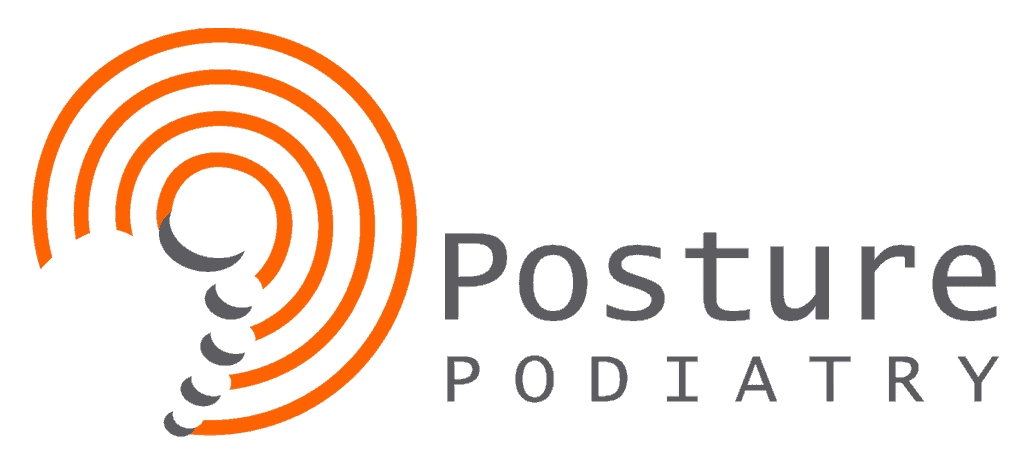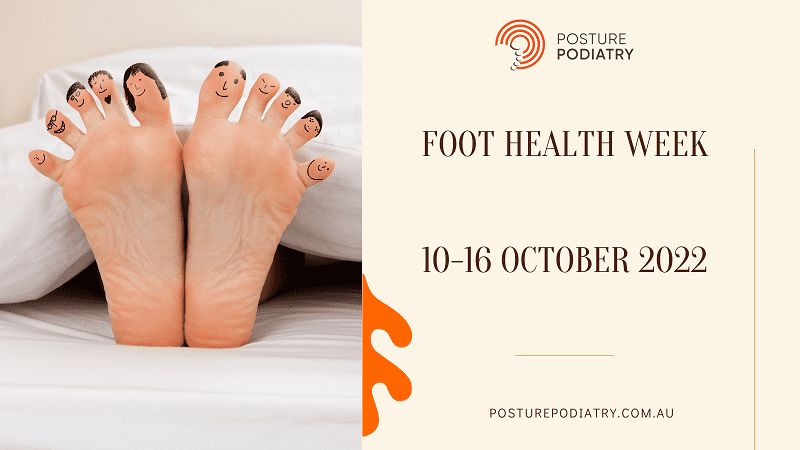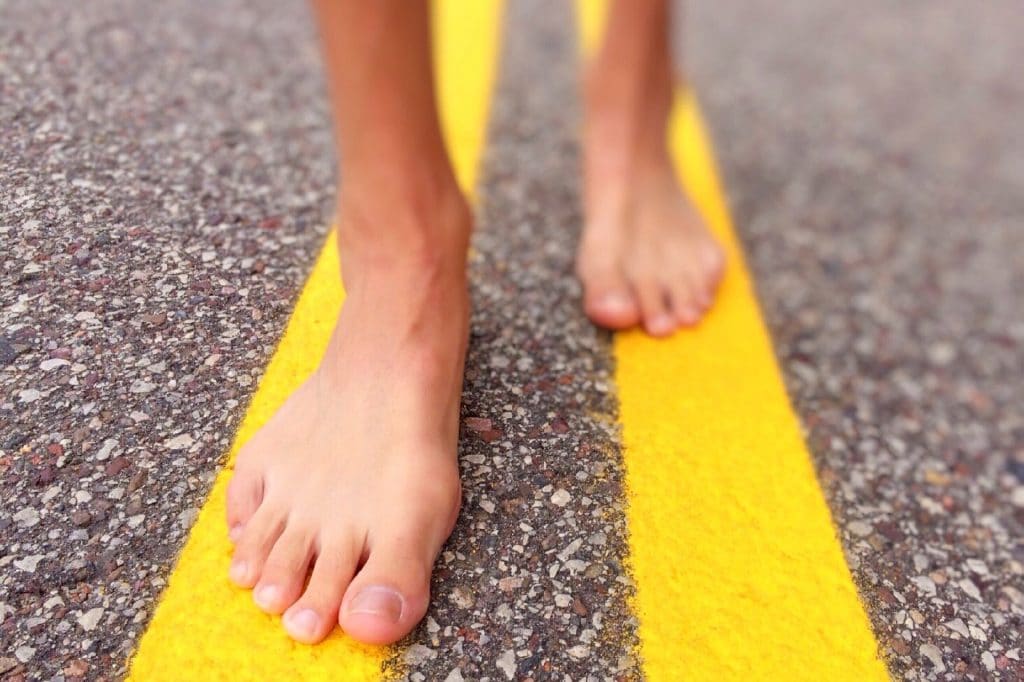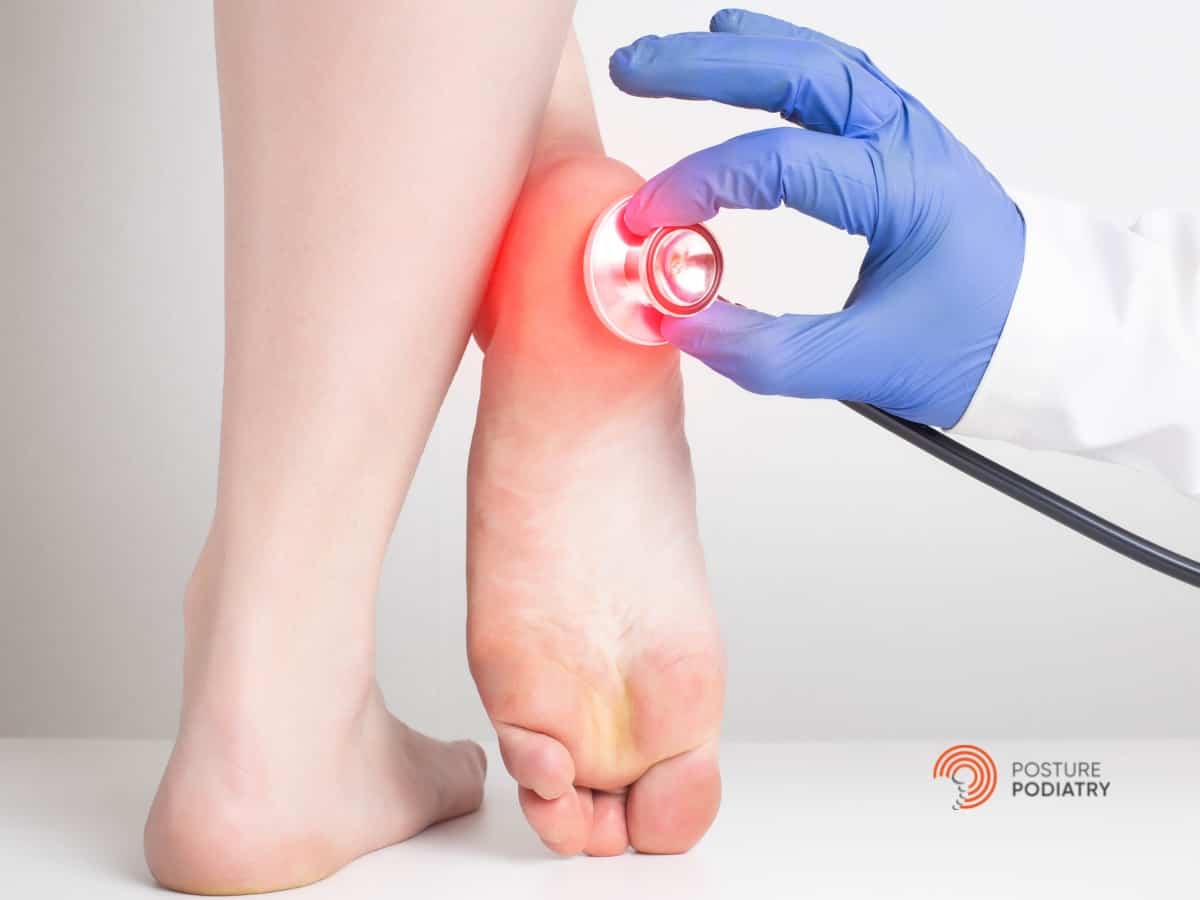10 Running Tips For Beginners
Looking to take up running but don’t know where to start? Running can be a great way to improve your physical fitness, relieve stress, and boost your mood. However, if you’re new to running, it can be challenging to get started and stay motivated. In this article, we’ll provide ten tips for beginner runners to help you reach your goals.
Whether your goal is to lose weight, increase your stamina, or just enjoy some outdoor exercise, these 10 tips for beginner runners can help you get the most out of your runs. With a smart training plan and some dedication, you’ll be smashing your goals in no time.
1. Set Realistic Running Goals
Setting achievable goals is key to staying motivated and avoiding injury. Set realistic goals for yourself based on your current fitness level and abilities. Before you hit the pavement, consider what you would like to gain from running, then work out a plan that is personalized to your fitness level and lifestyle. Aim for gradual progress; focus on increasing your distance or running time before becoming too concerned with speed.
Don’t expect to be able to run a marathon in a few weeks if you’re just starting out. Start with smaller goals, like running a kilometre without stopping, and gradually increase your distance and time.
Looking for an Adelaide Podiatrist for running advice or running injury treatment?
BOOK ONLINE for an Initial Low or No Gap* Assessment
by experienced Adelaide Podiatrists or
Call 8362 5900 to schedule a Low or No Gap* examination to see if we can help.
2. Start Slowly
When you first start running, it’s important to start off slow and gradually increase your intensity. If you try to do too much too soon, you may injure yourself or become discouraged. Begin with short, easy runs and gradually increase your distance and speed over time. Try running at low intensity for 10 to 15 minutes at a time, increasing the amount of time you spend running slowly every week. It is better to start slowly than to overdo it and risk injury through overuse or from pushing yourself too hard too quickly. Start by adding an extra minute or two each week and aim for a goal that feels achievable for you.
3. Invest in quality running shoes
Investing in a decent pair of running shoes is crucial to help prevent injuries and provide support for your feet. Go to a running store where a specialist can help you find the right pair of shoes for your foot type and running style. Whether you’re a weekend jogger or gearing up for a marathon, having the right footwear is crucial. Be sure to have your shoes fitted properly in both the length and the width and always remember to try shoes with your regular socks. It’s also important to ensure you try your shoes with your orthotics if you wear them running. Ask your podiatrist for any specific footwear recommendations.
Looking for an Adelaide Podiatrist for running advice or running injury treatment?
BOOK ONLINE for an Initial Low or No Gap* Assessment
by experienced Adelaide Podiatrists or
Call 8362 5900 to schedule a Low or No Gap* examination to see if we can help.
4. Warm-Up and Cool Down
Before you begin your run, take a few minutes to warm up your muscles by slowly easing into your running. Preparing your body for physical activity with a dynamic warm up and cooling down is essential for any runner. Warm up exercises such as jogging, lunges, walking knee lifts, upper body stretches and jumping jacks will help you get your muscles warm and ready to move. After completing a run, it’s important to stop gradually by slowing down and gradually reducing speed until you reach a complete standstill. This helps rid the body of toxins that have built up over time as a result of running. Afterwards, gentle stretching will assist in muscle recovery.
5. Mix Up Your Workouts
Vary your running workouts to prevent boredom and challenge your body in new ways. You can try interval training, hill repeats, or running on different surfaces, like grass or sand.
6. Listen to Your Body
Pay attention to your body’s signals and rest when you need to. If you feel tired or sore, take a break from running or reduce your intensity. Pushing yourself too hard can lead to overuse injuries and setbacks.
7. Stay Hydrated
Drink plenty of water before, during, and after your runs to stay hydrated. Dehydration can cause fatigue, cramps, and other health problems.
8. Fuel Your Body
Eating a balanced diet with plenty of fruits, vegetables, and whole grains can provide the energy and nutrients your body needs to run. Consider having a small snack or meal containing carbohydrates and protein before your run to fuel your body.
Looking for an Adelaide Podiatrist for running advice or running injury treatment?
BOOK ONLINE for an Initial Low or No Gap* Assessment
by experienced Adelaide Podiatrists or
Call 8362 5900 to schedule a Low or No Gap* examination to see if we can help.
9. Find a Running Buddy
Running with a friend or group can help keep you motivated and make your runs more enjoyable. You can also share tips and advice with each other and hold each other accountable.
10. Be Patient
Remember that progress takes time, and don’t get discouraged if you don’t see results right away. Consistency is key, so keep up with your workouts and stay committed to reaching your goals.
Track your progress with a running log.
Keeping a running log is a great way to motivate yourself and set goals as you progress with your running journey. A running log will allow you to track your time, distance, and pace. It can help you keep progressing towards your goal and encourages you to push yourself further by tracking your improvements over time.
Starting a running routine can be a daunting task, but with the right approach, it can be a fun and rewarding experience. Remember to start slowly, invest in proper running footwear, warm-up and cool down, set realistic goals, mix up your workouts, listen to your body, stay hydrated and adequately fueled, find a running buddy, and be patient. With these ten tips, you’ll be on your way to reaching your running goals and achieving better overall health and fitness.
Looking for an Adelaide Podiatrist for running advice or running injury treatment?
BOOK ONLINE for an Initial Low or No Gap* Assessment
by experienced Adelaide Podiatrists or
Call 8362 5900 to schedule a Low or No Gap* examination to see if we can help.







